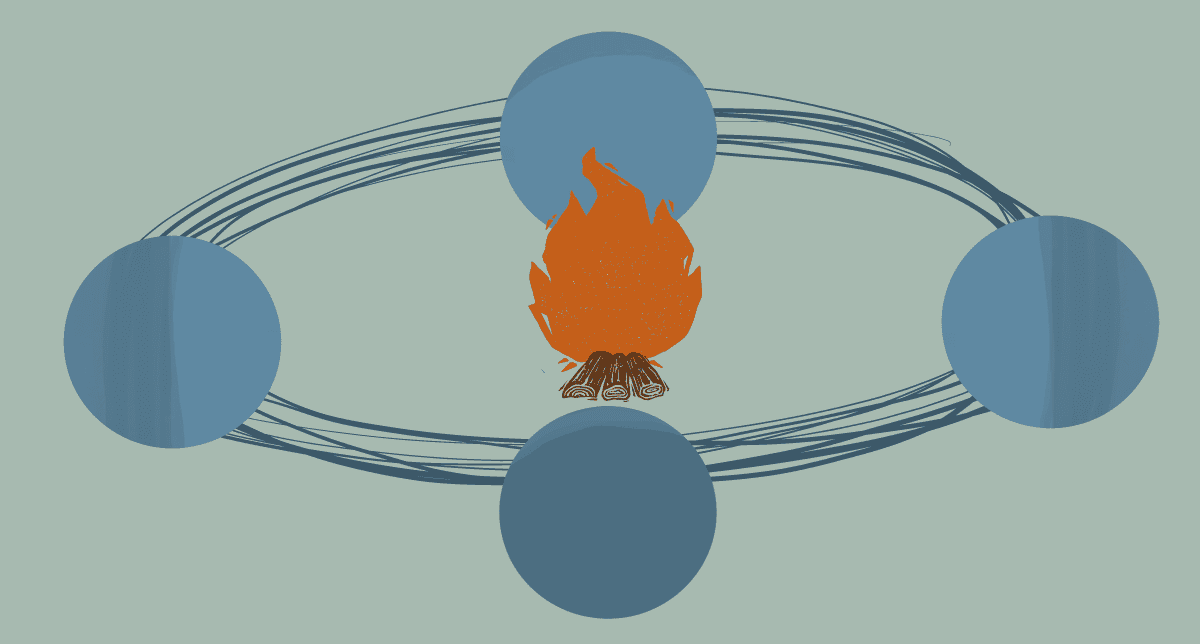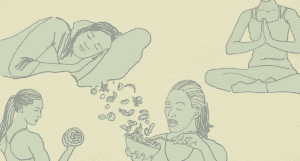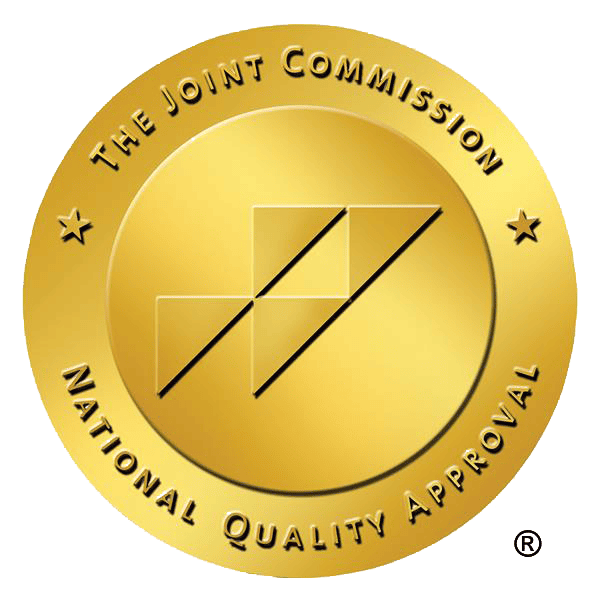"These days not only mark the beginning of each season but hold a wealth of history and symbolism."
Each quarter, we hold a ceremony here at The Prairie to mark the change and intentionality that we set for this new season. We hold a bonfire on our land which provides an opportunity for a burning ceremony, where we encourage patients to let go of things that no longer serve them, whether that’s a past relationship, a trauma or loss, an insecurity or resentment, etc. This process does not just facilitate letting go, but release in a broader sense. We also encourage the offering of prayers and things they are hopeful about in this next season of life.
What often happens in addiction, and what we work to remedy here at The Prairie, is that we get stuck in cyclical, maladaptive patterns. We use ceremonies and rituals such as these to help create forward movement and growth, breaking free from unhealthy cycles and habits. We understand that these struggles don’t simply go away; there is still a whole lot of work involved in creating a platform for long-term wellness and recovery, but it is a symbolic step in the process towards change.
"We use ceremonies and rituals such as these to help create forward movement and growth breaking free from unhealthy cycles and habits. "
"Symbolically, the things that kept them stuck have now become the very things that fuel the growth of this next chapter of their life and their recovery.
"Many times, facilitating a lasting and meaningful change involves not just an explanation, but a meaningful experience."
For those at home, consider experimenting with your own ritual as a way to set your intention for the new season. Let go of what is no longer serving you to make room for growth and encourage the change and movement we are meant to experience through our lives. Whether it is burning, tearing or simply throwing away, try writing these things down on paper and transforming them with some finality. What is important is not the action, but the experience and intentionality we take away.
To learn more about The Prairie Recovery Center and how we can help you or a loved one break free from the cycle of addiction, visit our website or contact our care team confidentially.









